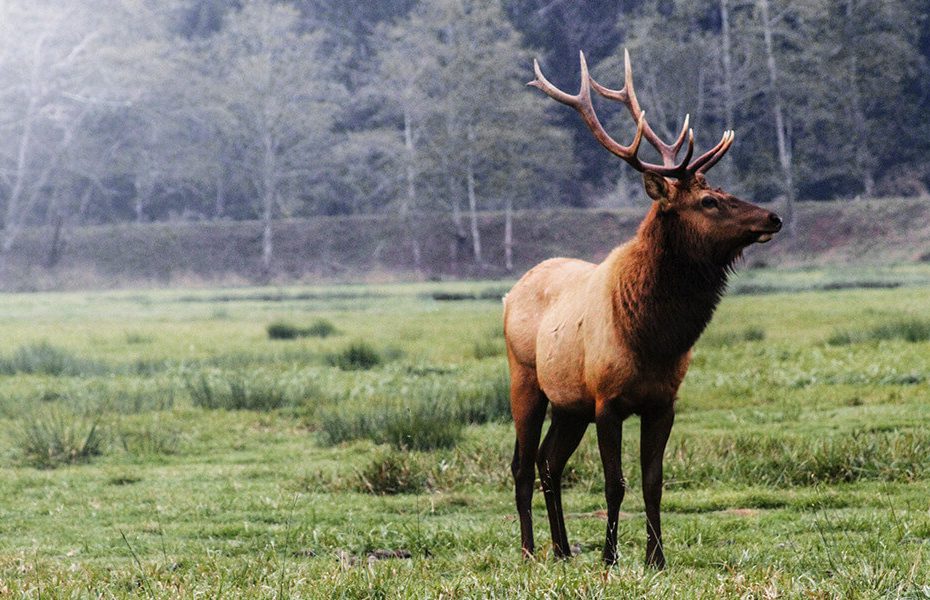
The Utah state legislature joined other western states this year by passing a law that heavily regulates baiting large game animals for hunting purposes.
HB 295 defines “bait” as intentionally placing food or nutrient substances—including salt or other mineral blocks—to manipulate the behavior of wildlife for the purpose of hunting or attempting to harvest big game like deer and elk.
“In a nutshell, baiting big game is illegal if your intentions are to lure an animal to an area to hunt or harvest it,” DWR Law Enforcement Capt. Wyatt Bubak said. “Baiting wildlife can artificially distribute animals on the landscape, which can potentially result in habitat damage and increased disease transmission. There are also concerns related to the ‘fair chase’ of baiting animals when hunting. Our conservation officers will be enforcing this law during this fall’s big game hunting seasons.”
SEE ALSO: South Carolina Hunters Win Hunting Licenses for Life for Catching Coyotes
Banning baiting is a common tactic used by state game agencies to try to limit the spread of Chronic Wasting Disease. Even though only 118 mule deer and two elk have tested positive for CWD in Utah (as of October 2020), the legislature is using CWD to justify its baiting ban. The state’s CWD management plan mentions the dangers of baiting, and Utah DNR spokesmen have mentioned the disease in interviews with the media.
Supporters of the ban also argue that baiting presents concerns about fair chase (the original version of the bill also banned trail cameras) and that the practice is unnecessary on Utah’s sprawling landscape.
The law does make several exceptions to the baiting rule. Baiting is permitted in the off-season for scouting purposes, and hunting over salt or mineral blocks is allowed if the block was placed by an agricultural producer. However, hunters must remove bait with enough lead time so that animals no longer visit the spot.
SEE ALSO: Who Should Decide How to Manage Wolves?
“An area is no longer considered to be baited when a big game animal’s behavior is no longer influenced by the bait,” Bubak said. “If an animal keeps returning to the exact area where bait was removed right before hunting season, that area is still considered to be baited.”
HB 295 wasn’t the only hunting-related bill passed by the legislature. Lawmakers also passed a provision (HB 197) prohibiting the DNR from issuing hunting or fishing licenses to anyone more than $2,500 behind on child support payments.
“We recognize that hunting and fishing activities help maintain family relationships, and we support any effort that will help those relationships stay intact,” DWR Administrative Section Chief Kenny Johnson said. “We want individuals to be aware that this law is going into effect July 1 and want them to start making plans now so they are not caught off guard when they try to buy a hunting or fishing license, or obtain upcoming hunting season permits.”
The baiting ban went into effect May 5, and the child support bill went into effect July 1, though the legislature did postpone implementing HB 197 for a year to allow people in arrears the opportunity to rectify it.
